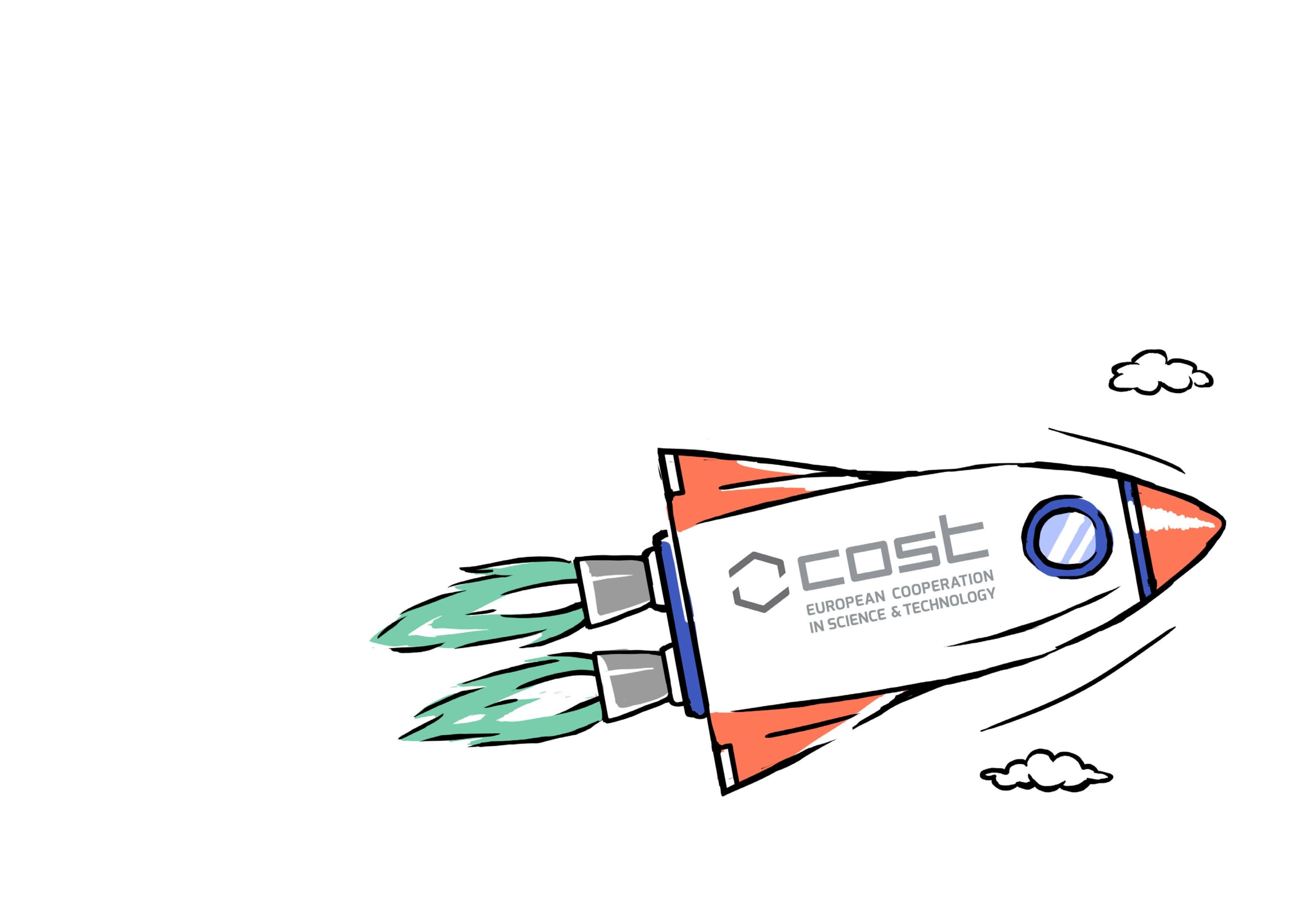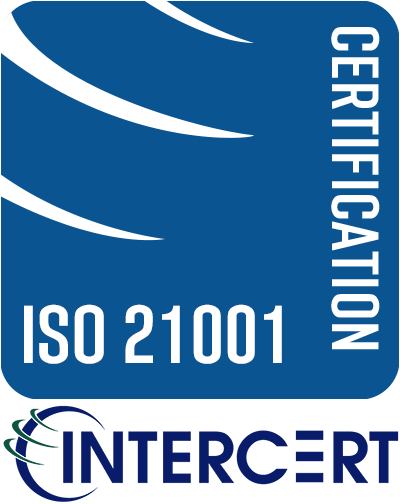
IG17104 - Pan-European Educational Platform on Multidrug Resistant Tumours and Personalised Cancer Treatment
Multidrug resistance (MDR) affects 30 to 60% of cancer patients, causing poor quality of life and high costs for healthcare systems. Research in the MDR field is highly fragmented, and there is no professional figure of young scientists that are adequately instructed in the different disciplines, trained to have interdisciplinary and transdisciplinary views and approaches that cover preclinical and clinical research in MDR tumours in order to successfully develop diagnostic tests or new drugs for MDR tumours. This CIG aims to create this new professional figure. By exploiting the scientific excellence present in our COST Action and the experience accumulated in organising training schools, practical-theoretical courses and workshops for young scientists, the CIG aims to create a prototype for a training platform that will allow each scientist to fill the gaps in her/his scientific knowledge, and acquire a broader set of skills and expertise that will be advantageous at multiple levels.

CA18131 - Statistical and machine learning techniques in human microbiomestudies (ML4Microbiome)
This COST Action network will create productive symbiosis between discovery-oriented microbiome researchers and data-driven ML experts, through regular meetings, workshops and training courses. Together, it will first optimise and then standardise the use of said techniques, following the creation of publicly available benchmark datasets. Correct usage of these approaches will allow for better identification of predictive and discriminatory ‘omics’ features, increase study repeatability, and provide mechanistic insights into possible causal or contributing roles of the microbiome.

CA21116 - Identification of biological markers for prevention and translational medicine in pancreatic cancer (TRANSPAN)
Pancreatic cancer (PC) has a high mortality rate and is projected to become a massive public health problem in Europe. This Action will boost research on prevention of PC, particularly in the discovery of genetic risk factors, risk stratification, identification of biomarkers for early detection and patient monitoring, elucidation of biological mechanisms and functional pharmacogenomics for personalized medicine. These aims will be attained by expanding an existing interdisciplinary network.

CA20140 - CorEuStem: The European Network for StemCell Core Facilities (CorEuStem)
The COST Action CorEuStem – The European Network for Stem Cell Core Facilities iscomprised by experts in stem cell biology, differentiation, organoids and gene editing technologies with the aim of developing an efficient and effective consortium for harmonizing procedures and protocols across Europe and beyond. CorEuStem consortium seeks to become a Pan European reference point for stakeholders in stem cell biology and associated technologies.

CA20124 - Maximising impact of multidisciplinary research in early diagnosis of neonatal brain injury (AI-4-NICU)
The AI4NICU Action will create a pan-European multidisciplinary network with the clinical and technical expertise required to bring artificial intelligence (AI)-enabled decision-support tools to the neonatal intensive care unit (NICU). These AI tools build on existing cot-side technologies, such as the electroencephalogram, by including machine-learning algorithms to detect biomarkers of brain injury.








